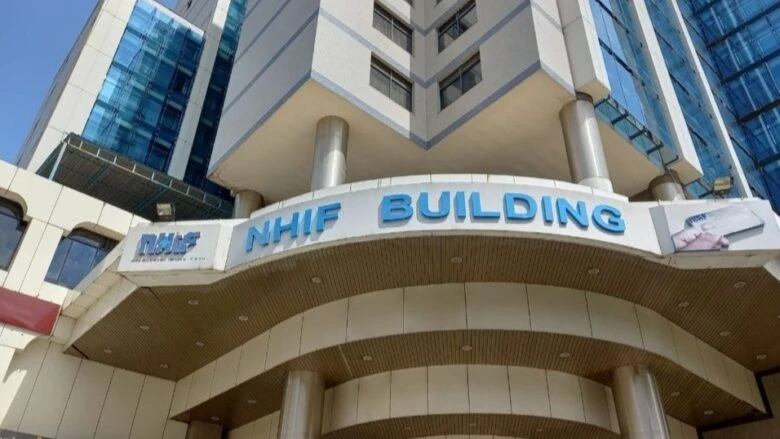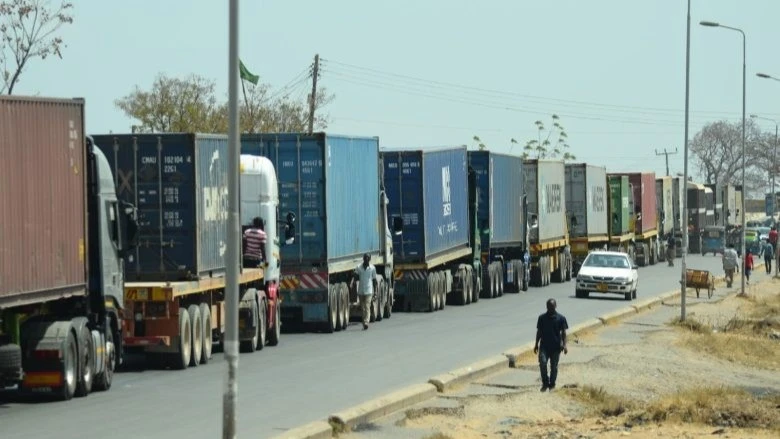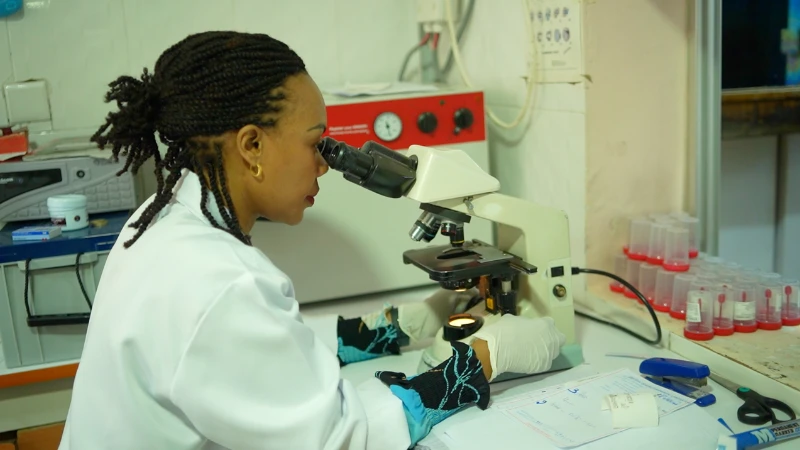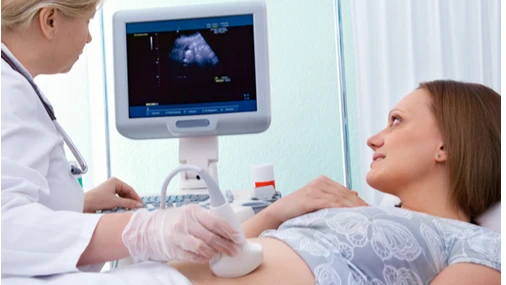Towards Universal Health Care: New Wave of Health Financing Boosts Access to Care
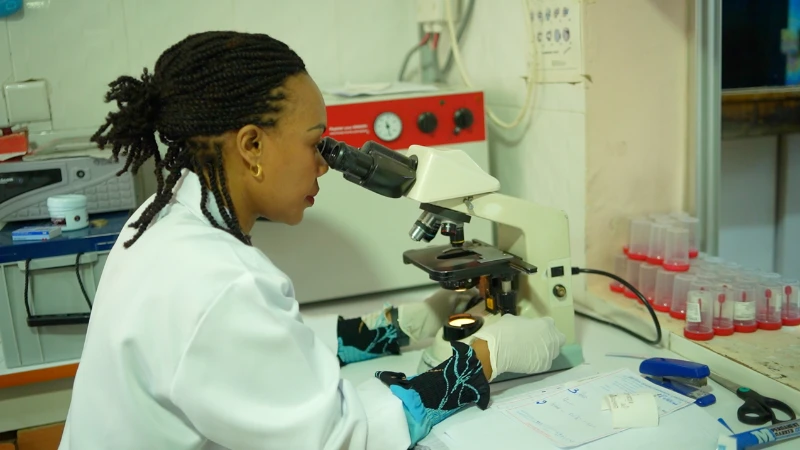
In Tanzania, the private sector plays a critical and often under-recognised role in expanding access to quality care. The scale of Tanzania’s private health sector underscores its importance, whereby, according to the 2023 Health Facility Atlas, the country has approximately 11,805 clinical health facilities, out of which 31% are privately owned.
The presence of private health providers contributes substantially to access to care, as indicated in several studies, were estimated that 12% of all deliveries in Tanzania are conducted at private health facilities. The majority of private providers also participate in government-led ‘free’ immunisation campaigns and operate under contractual service agreements that formalise their role in public–private health partnerships
Complementing private clinical facilities, there are more than 18,000 private non-clinical facilities, including stand-alone pharmacies, Accredited Drug Dispensing Outlets (ADDOs), laboratories and rehabilitation facilities. These widespread facilities have become a dominant force in the provision of services, particularly in rural, peri-urban, and underserved regions. A multi-region household study found ADDOs alone were the first source of care in ~17% of acute illness episodes and provided about 49% of all prescribed medication for acute illnesses.
Despite their vital contribution towards increasing access to care, private health facilities, particularly small and medium-sized enterprises (SMEs) level facilities, face significant barriers in securing financial resources for working capital to ensure consistent provision of quality care. The healthcare sector is often perceived as high-risk by traditional financial institutions (banks and Microfinance) due to its nature of operation. In addition, other common barriers for health SMEs to access finance include the inability to meet collateral requirements, lack of formal financial records or historical data, administrative hurdles, inadequate documentation, long distances to banks, and lengthy loan processing times. Adding to the operations difficulties for health SMEs are delays in health insurance bill reimbursement, which can take up to 6 months. As the country is working around the clock to ensure we achieve Universal health coverage by 2030, strengthening private facilities' financial capacity through tailored loans and business support is critical to improving service quality, expanding access, and ensuring that the private health sector can be a reliable partner in Tanzania’s journey toward universal health coverage (UHC).
While there is a struggle in increasing access to healthcare, Tanzania is seeing accelerating adoption of mobile and digital financial services, with more than 92.7 million (136%) active mobile phone lines, and 68.1 million active mobile money accounts. By mid-2023, the government reported that the number of registered SMEs using the merchant payment system had reached 657,346 merchants. This digital transformation is opening new pathways to improve healthcare financing, strengthening economic access for health SMEs and therefore leading to improved access to better quality healthcare.
To tap into those developments, the Medical Credit Fund (MCF) operates at this critical intersection, combining digital health financing with health system strengthening. The Medical Credit Fund’s Afya Mkopo product is addressing this challenge by providing flexible, affordable financing tailored to the realities of healthcare businesses. Afya Mkopo is the only loan product dedicated to health SMEs in Tanzania, provided in collaboration with Vodacom. Rosemary Martin, co-owner of Arusha Centre Diagnostic Laboratory, is one of the first beneficiaries of Afya Mkopo. “When our haematology machine broke down, we were worried about losing customers,” recalls Ms Martin. “Afya Mkopo gave us access to funds quickly. We replaced the machine, and all our clients returned. It was a lifeline for our business.”
The product allows eligible private healthcare providers to borrow from as little as TZS 200,000 up to TZS 100 million, without the need for collateral or financial / bank statements. The product is built on Vodacom M-Pesa merchant till (Lipa Namba) whereby the loan eligibility and loan repayment capacity are assessed through the facility’s Lipa na M-Pesa transaction history. Once approved, funds are disbursed directly to the borrower’s M-Pesa till, and repayments are automatically deducted as a fixed percentage from daily M-Pesa till collections, offering convenience and reducing repayment stress. “I took the loan to bridge the financing gap due to a delay in insurance payments. Being a specialised hospital, the medicines we prescribe are expensive, so a delay in reimbursement affects our cash flow. With Afya Mkopo, I do not expect any conflicts in repayment as it happens instantly daily,” explains Dr Deogratius Emmanuel, co-founder of MDM Urology Specialised Hospital located at Dar es Salaam.
With the turnaround time of less than 72 hours on the first loan and less than 24 hours in a follow-up loan, Afya Mkopo enables health SMEs to deliver more efficient and reliable services, directly benefiting patients and communities. Mr Marius Modest, who is one of the early beneficiaries of Afya Mkopo, has already received 3 loans and admitted that the subsequent loan was fast and helped him to stock his Accredited Drug Dispensing Outlet (ADDO) located in Mwanza. “During my third loan application, I received the funds on the same day,” says Mr Modest. “Now my shelves are fully stocked, and clients can find almost everything they need.” The product’s fully digital application and repayment process also make it easier for providers to manage cash flow and reinvest in growth. In aequitable healthcare, this product encourages health SMEs to use electronic payments, therefore promoting financial inclusion and a cashless economy.
As Tanzania continues to modernise its healthcare system, initiatives like the Medical Credit Fund’s Afya Mkopo represent a vital step toward sustainable health financing. By empowering small and medium healthcare providers with accessible and affordable credit, MCF contributes to a stronger, more resilient, and equitable healthcare ecosystem. In essence, the Medical Credit Fund is more than just a financial mechanism; it is an enabler of progress and a key partner in advancing Tanzania’s healthcare future.
Delfina Thomas is the Business Advisor - Digital Loan at Medical Credit Fund (MCF)
Top Headlines
© 2025 IPPMEDIA.COM. ALL RIGHTS RESERVED









